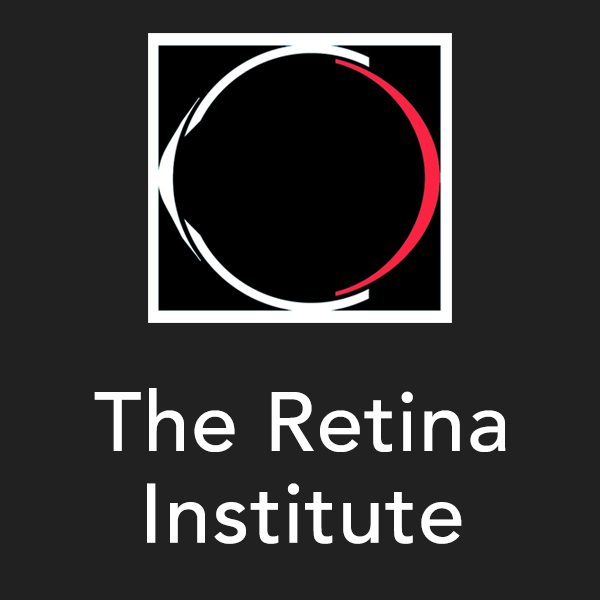Eye & Vision FAQ
If your still feel that any of your questions have not been adequately addressed, please call our office and one of our friendly staff members will connect you with the department best suited to assist you. 314-367-1181
How does the eye work?
When you take a picture with a camera, the lens in the front of the camera allows light to pass through and focus that light on the film that covers the back side of the camera. A picture is taken when the light hits the film. Our eyes work in a very similar way. The front of the eye (the cornea, pupil and lens) is clear, which allows light to pass through. The cornea and lens of the eye focuses the light on the back wall of the eye, the retina. Like the film, the retina is the "seeing" tissue of the eye, sending messages to the brain through the optic nerve, allowing us to see.
What is low vision?
Low vision is not blindness, but is a level of vision below normal (20/70 or worse) that cannot be corrected with conventional glasses. Low vision can interfere with a person's performance of daily activities, including reading or driving.
What is legal blindness?
Perfect vision is 20/20. A person is legally blind when their better eye's best corrected visual acuity is less than 20/200. A person can also be legally blind if their side vision in their better eye is narrowed to 20 degrees or less. Although someone may be legally blind, some vision still may be useful and helpful for everyday life. Legally blind people may qualify for certain government benefits.
Is poor vision hereditary?
Yes, poor vision can be directly related to your family's history of eye health. It is important to see an ophthalmologist at the first sign of poor vision.
Will sitting too close to the television hurt my child's eyes?
No, there is no evidence that television sets produce rays that are harmful to the eyes.
Will working at a computer screen hurt my eyes?
No, there is no evidence that working at a computer can damage the eyes. However, low light, glare on the monitor, or staring at a computer screen too long can cause the eyes to become fatigued. It is recommended to take frequent breaks to allow your eyes to rest.
Will reading in dim light hurt my eyes?
No, there is no evidence that low light can harm the eye.
Are sunglasses good for my eyes?
Wearing UV protective lenses can be beneficial in protecting your eyes from cataract formation. Surprisingly, clear UV coated lenses may offer more protection than darker lenses because they allow the eyes to be exposed to more light causing the pupil to constrict more, which ultimately prevents more light from entering into the eye.
Will carrots help maintain good vision?
Research has shown that eating carrots will provide you with a small amount of vitamin A, which is beneficial for good vision. Vitamin A is also in other food items including milk, cheese, egg yolk and broccoli.
Is pink-eye contagious?
Yes, pink-eye (viral conjunctivitis) is very contagious, and very common. To help prevent spreading pink-eye, avoid touching eyes with your hands, wash hands frequently, do not share towels, and avoid work, school or daycare activities for a least five days or as long as discharge is present.
Can eyes be transplanted?
No. Presently, there is no medical way to transplant a whole eye.
What materials are available for glasses?
With the advancement in today's technology, there are many new materials available for glasses that have helped make them virtually indestructible. Titanium frames and polycarbonate frames are two of the newest materials used. Polycarbonate materials, glass and various types of lightweight plastics are used to make the lenses. There are several types of coatings available for lenses, including UV protection (which is highly recommended for all types of lenses), polarization, anti-glare and scratch-resistant just to name a few.

